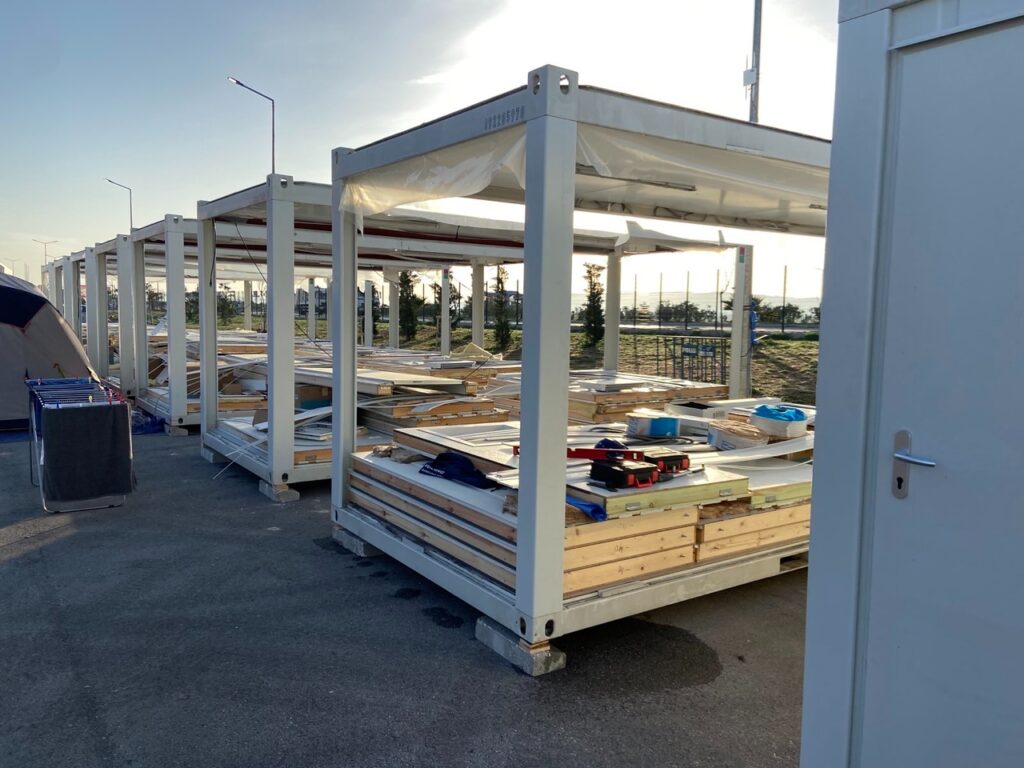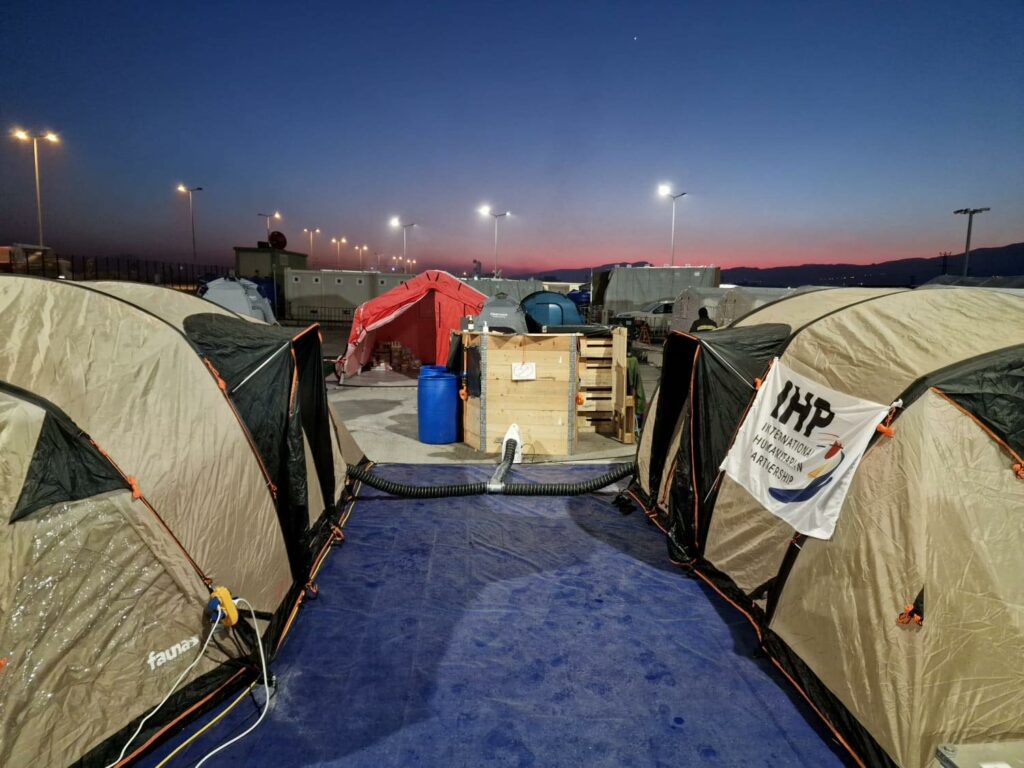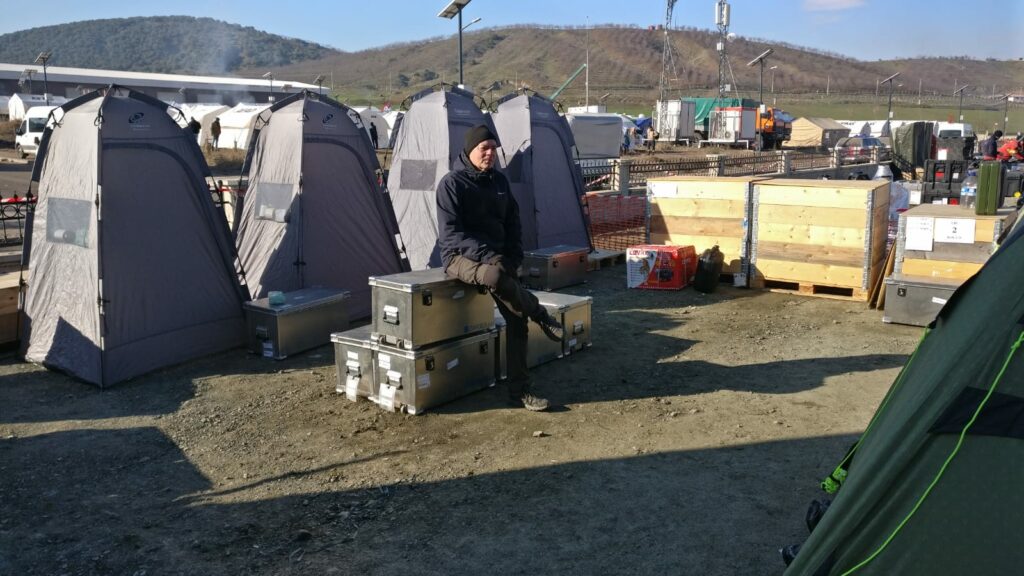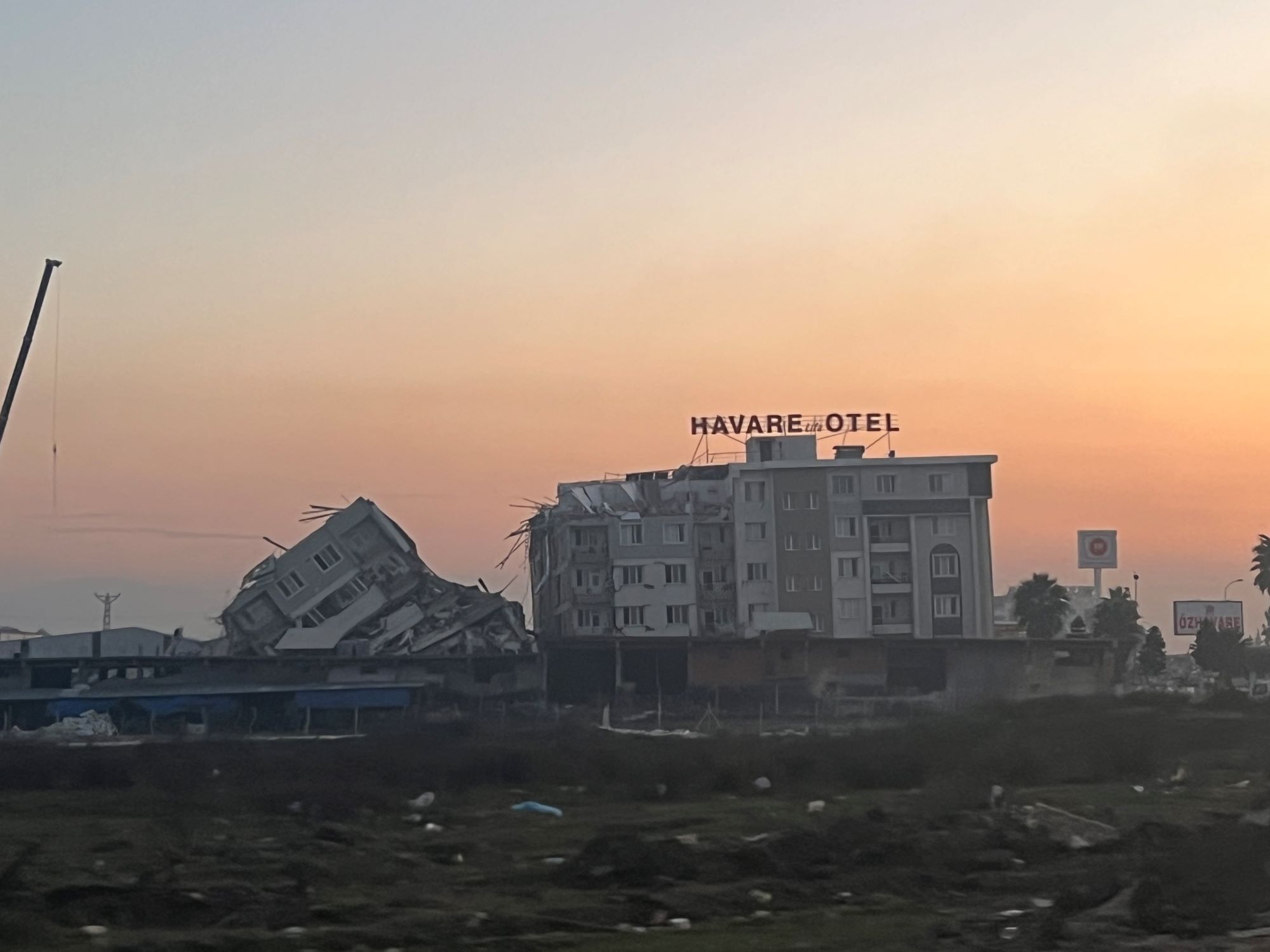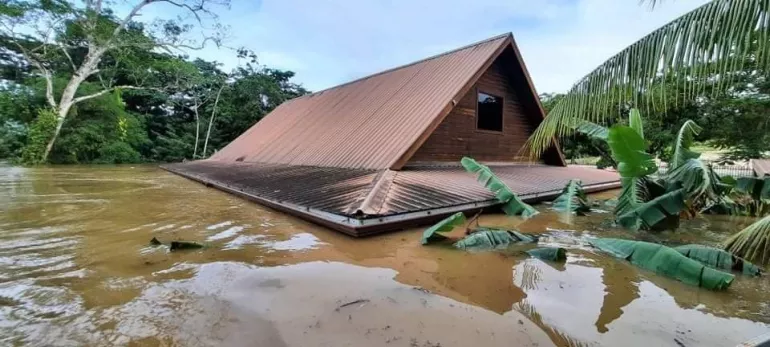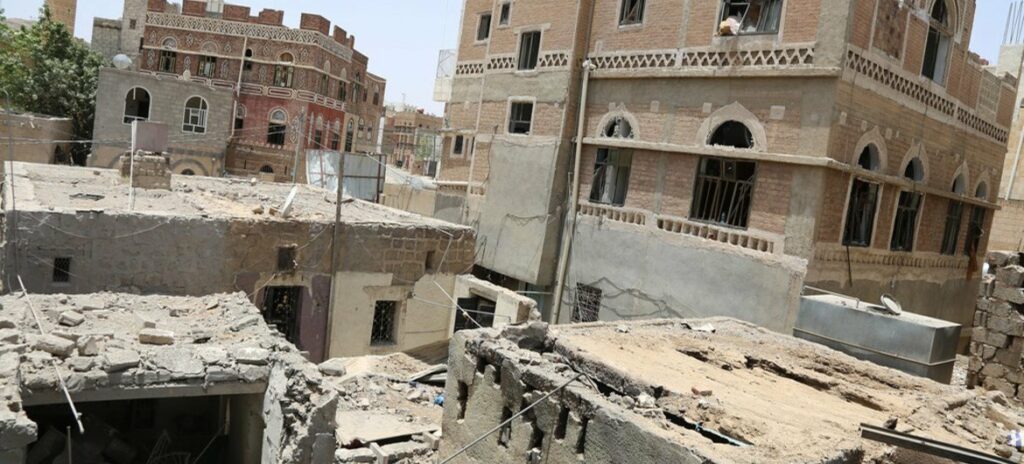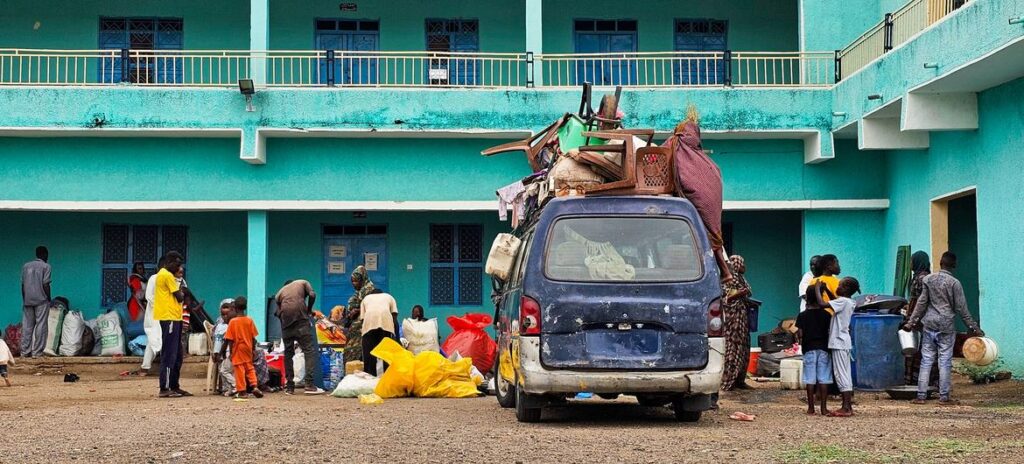In response to the devastating earthquake that struck Türkiye and Syria on February 6, 2023, the International Humanitarian Partnership (IHP) launched an immediate deployment of personnel, equipment, and infrastructure to support international relief efforts. This coordinated action was crucial in enabling the United Nations Disaster Assessment and Coordination (UNDAC) team and the European Union Civil Protection Team (EUCPT) to operate efficiently in affected areas.
Within hours of the earthquake, IHP mobilized specialized teams from Luxembourg (CGDIS), Finland (ESAF), Estonia (ERB), Denmark (DEMA), Norway (DSB), Sweden (MSB), and Germany (THW). These teams worked closely with UNDAC and EUCPT to provide essential field infrastructure, including ICT kits and Light Base Camps, which were used to set up reception and departure centres, on-site coordination facilities, and temporary living spaces for responders.
Recognizing the extensive needs of relief workers on the ground, IHP supplied 12 prefabricated containers in Hatay province to enhance office and accommodation capabilities. Provided by Denmark’s DEMA, these containers enabled sustained operations by creating reliable and comfortable spaces for coordination and planning, even amidst the unstable conditions.
IHP’s on-the-ground presence facilitated crucial logistical and administrative support for UN and EU teams. By establishing secure communication channels and a stable operational base, IHP allowed relief teams to focus on their primary mission: assisting the affected population.
Beyond infrastructure, IHP member countries provided critical relief items through the EU Civil Protection Mechanism. Supplies such as tents, blankets, generators, and medical equipment were sent to help meet the immediate needs of displaced communities. This provision of essential goods complemented the on-site operational support and extended IHP’s impact.
The Türkiye earthquake response exemplified IHP’s role in enhancing international disaster relief operations. Through rapid mobilization, critical field support, and collaboration with UN and EU agencies, IHP ensured that responders had the infrastructure and resources required to deliver life-saving assistance in a challenging, high-demand environment.
